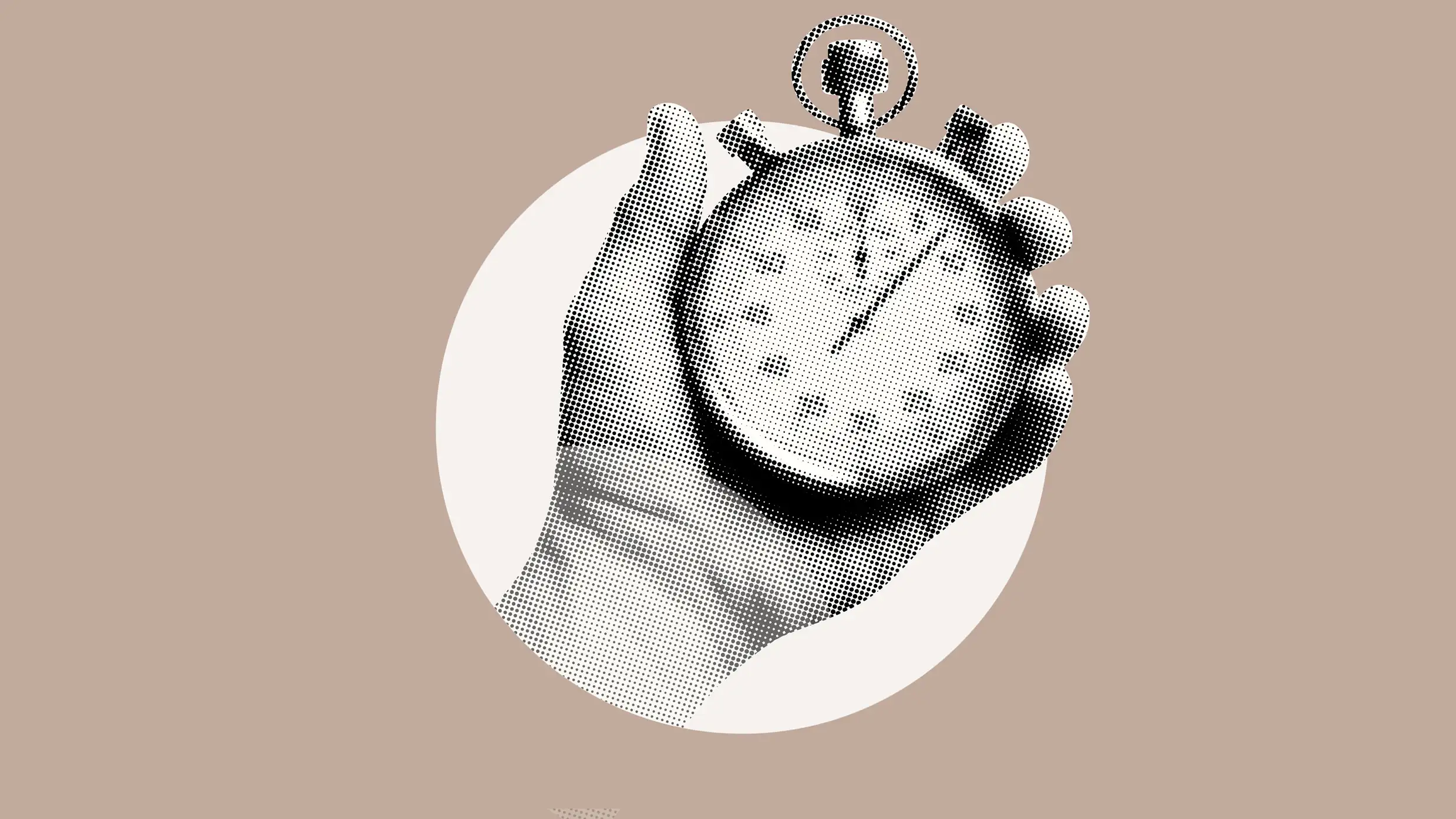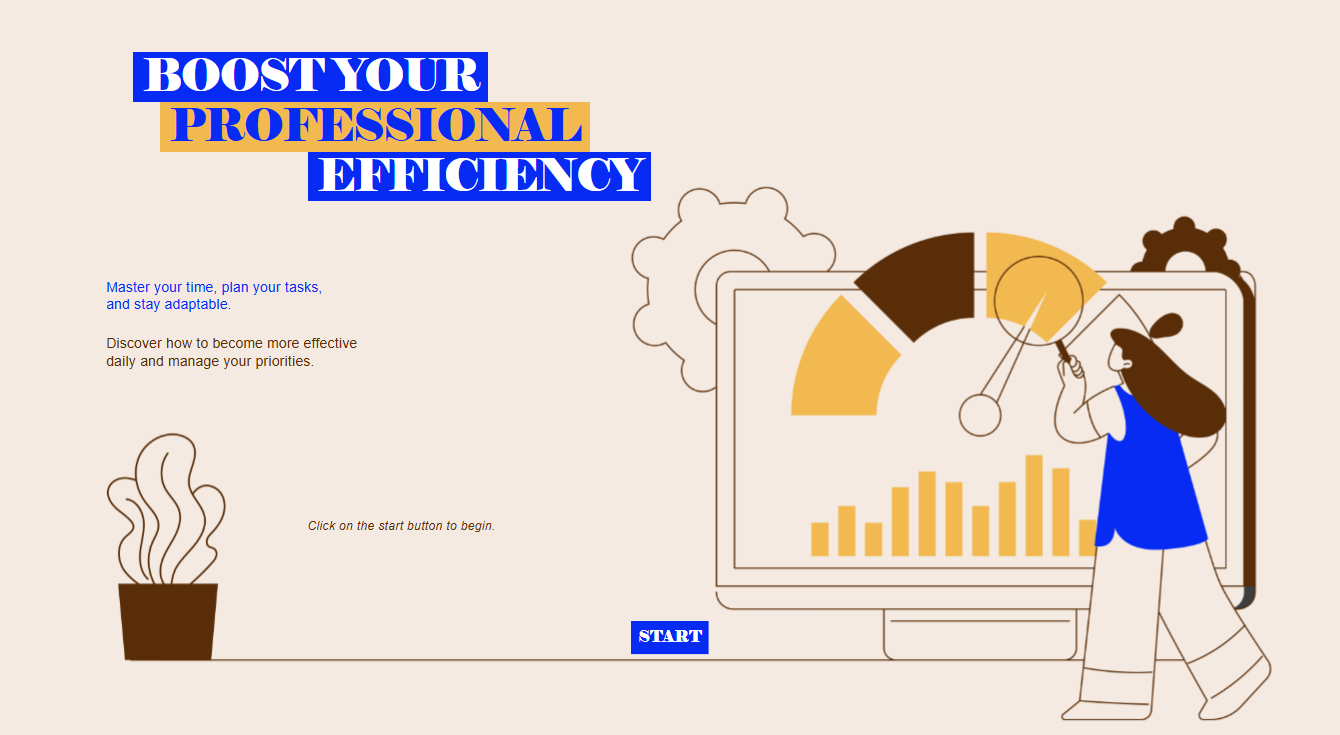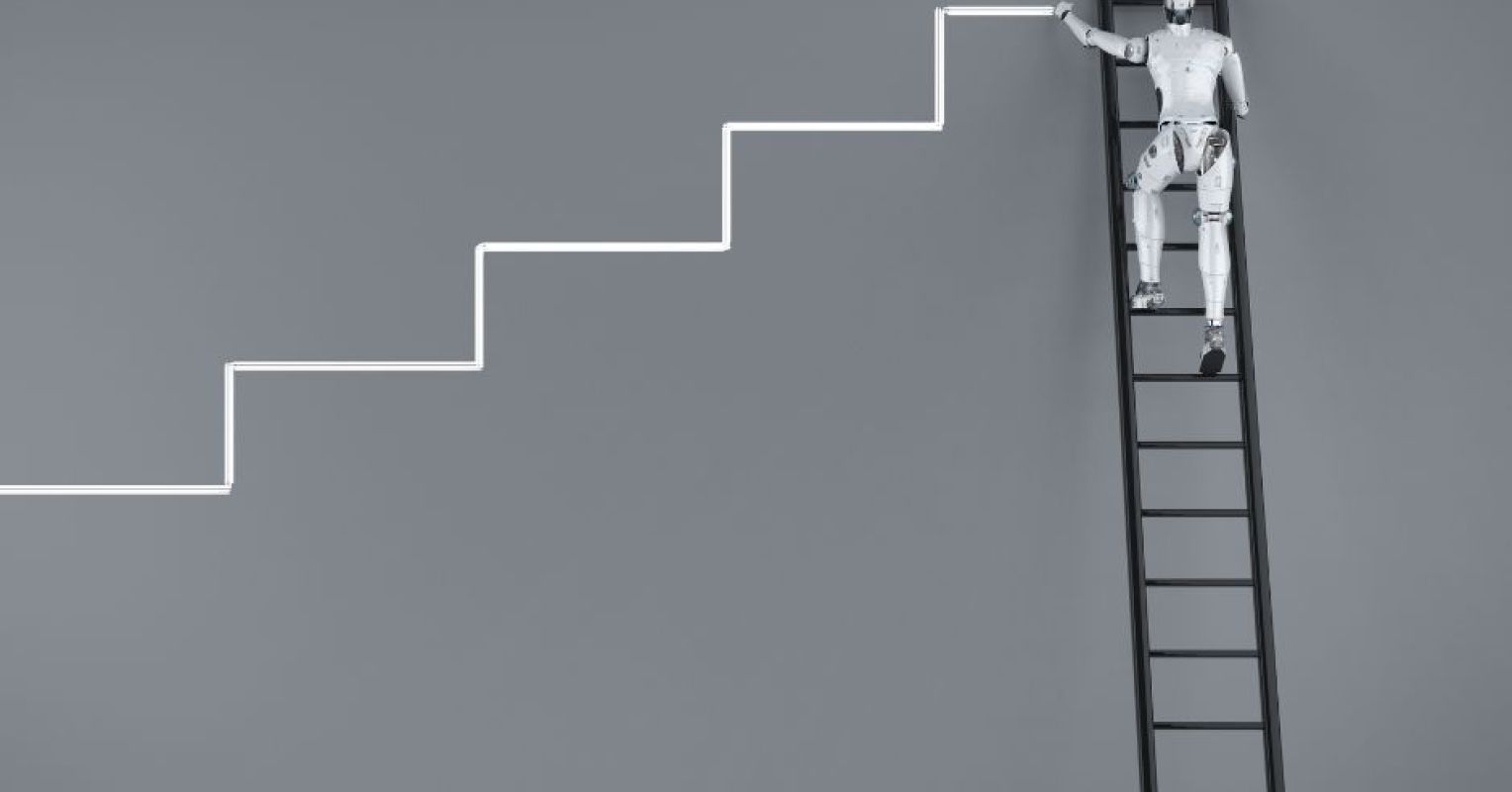fromInside Higher Ed | Higher Education News, Events and Jobs
2 months agoNew Program for College Students' Executive Functioning Skills
Since the COVID-19 pandemic forced many schools to move instruction online, some students have struggled to regain or even learn the interpersonal and organizational skills they need to succeed in college. To rectify that, the University of Mary Washington created a new four-week program this fall to help incoming students hone their planning and social skills. Called LaunchPad, the program aims to help ease students' transition into higher education, provide them with life-management skills and connect them with peers and supportive staff.



















